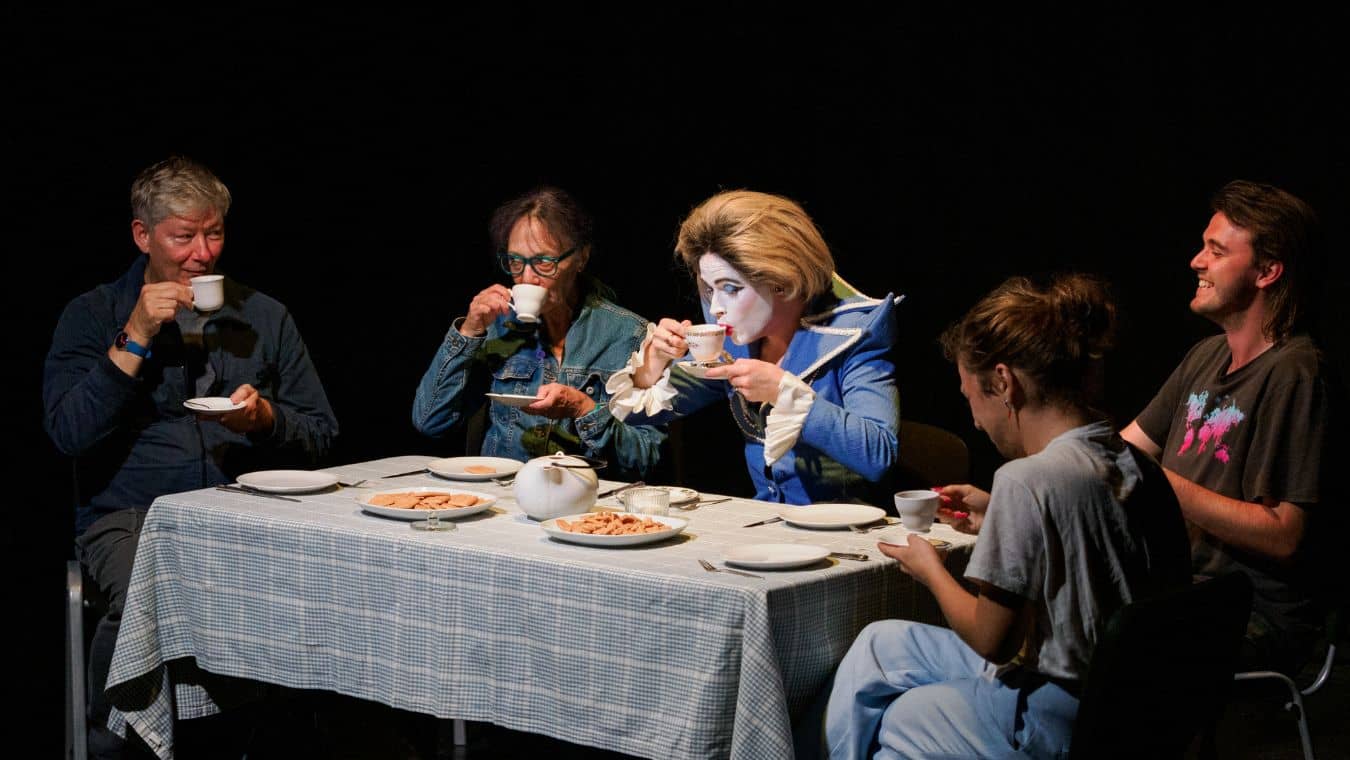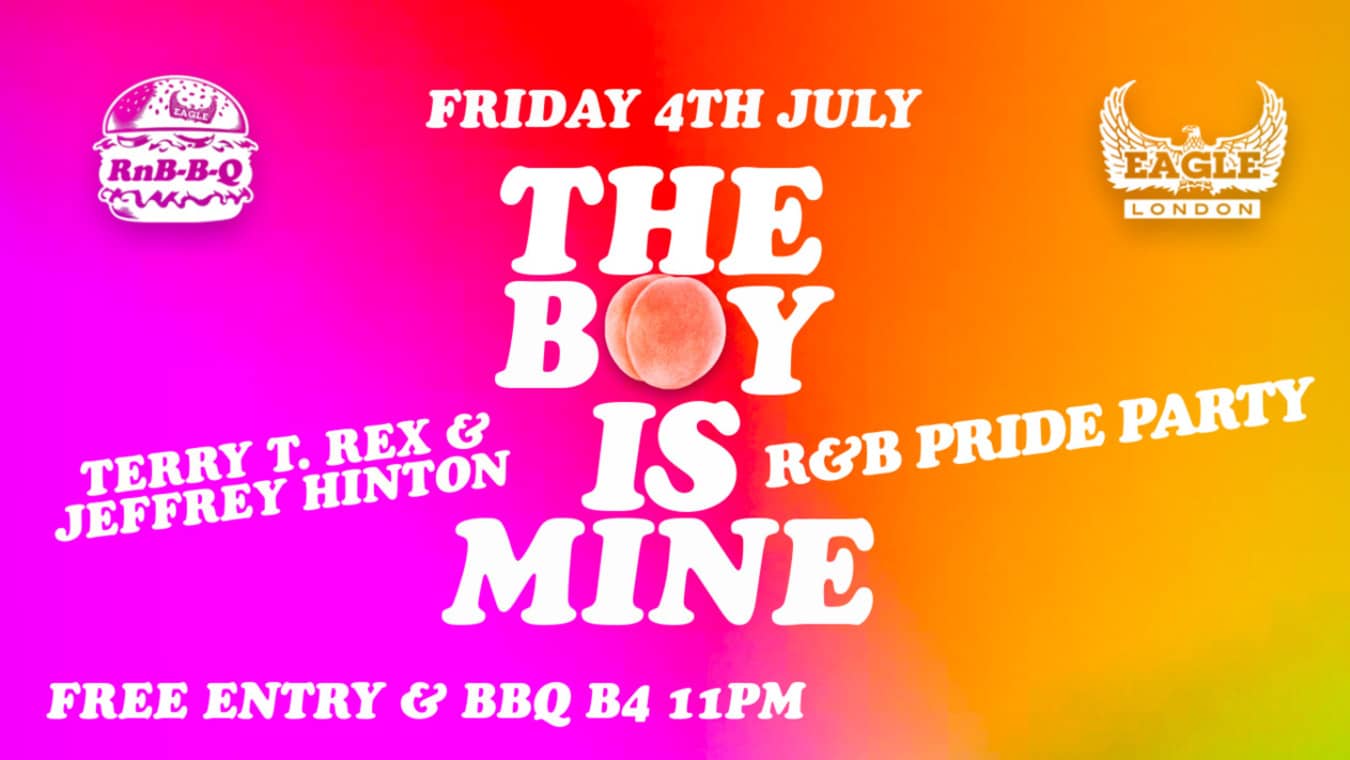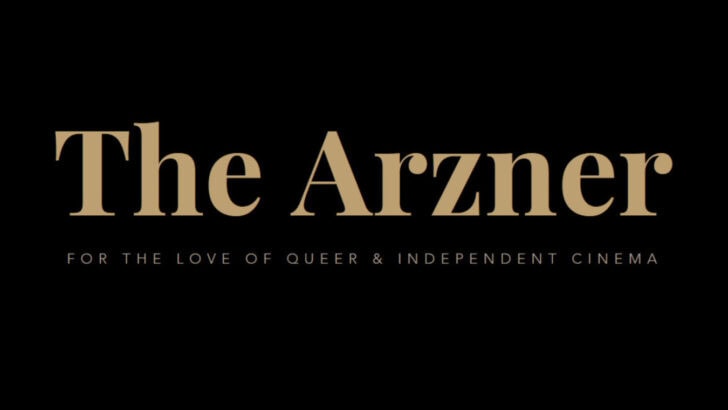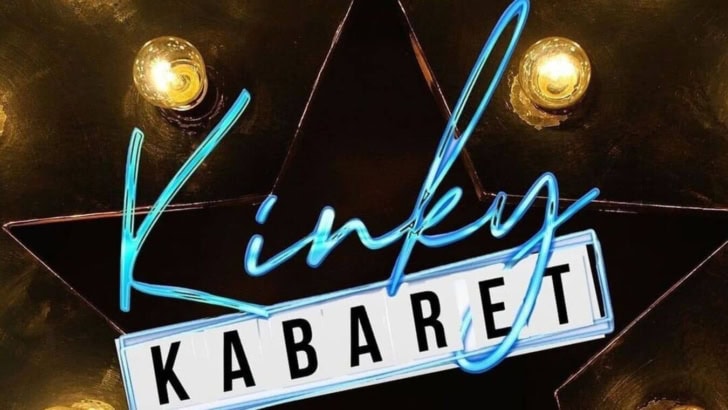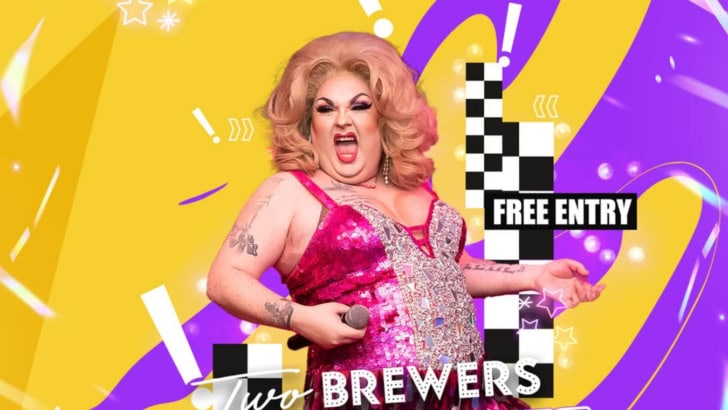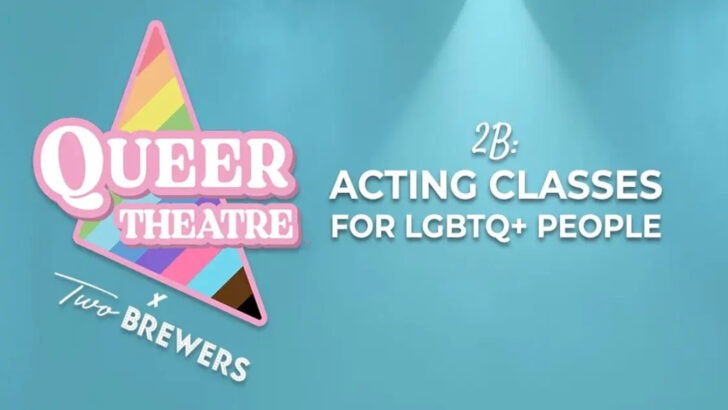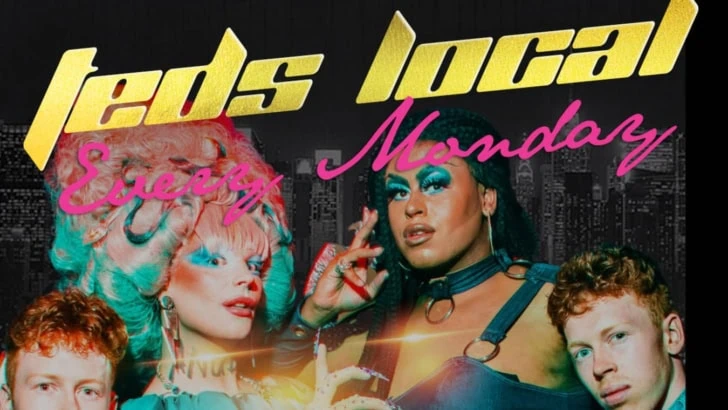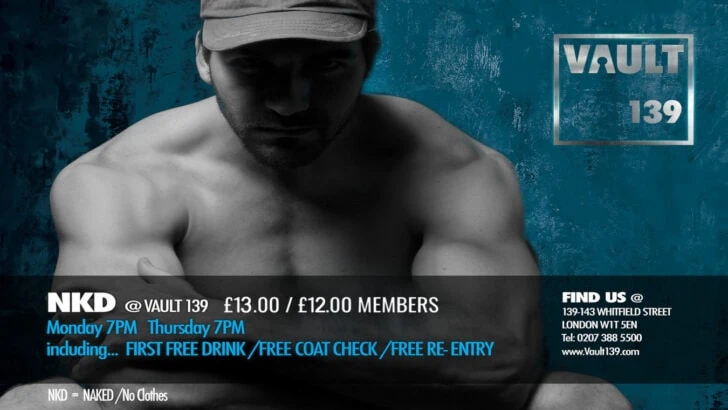33 years since she left 10 Downing Street, Margaret Thatcher continues to stir the emotions of the British people in equal measures of ardent support and passionate distaste. She clings onto our psyche as Queen of Capitalism or Destroyer of Livelihoods. Her policies of Right-To-Buy, the Falklands War, and the Poll Tax could be seen as the natural progression of housing flourishing in the free market, maintaining British sovereignty of distant territories, and economic fairness; or as the decimation of the social housing stock, the final violent tantrum of British colonialism, and all out class war through taxation. These are just some of the lines drawn in the sand when the legacy of the Iron Lady is discussed.
For LGBTQ+ people, the impact and pain caused by Section 28 is a not-so-distant experience for those who lived throughout and grew up under her premiership (recently explored in Georgia Oakley’s impassioned film, Blue Jean). Since that time, a particular kind of progress for LGBTQ+ people has been made. Tony Blair’s New Labour government passed the Adoption and Children Act of 2002, allowing unmarried same-sex couples to apply for joint adoption, and the Conservative and Liberal Democrat coalition government passed the Marriage (Same-Sex Couples) Act of 2013, granting religious organisations to opt in to marry same-sex couples should they wish to do so. It could be argued that a heterosexual-like-homosexuality has generally been accepted in modern Britain.
How is this relevant to my show, Thatcher-Rite, where I play Margaret Thatcher and invite the audience to join me for a chat over tea and biscuits?
Well, I spent the majority of my life in Finchley in North London, which happens to be the constituency that Margaret Thatcher represented as an MP from 1959 to 1992. I was born four years later in 1996 in the borough next door, with my family moving to Finchley in 2002. My mum works in a state school as support staff and my dad is a builder who both started full-time work when they were teenagers. For a time, we were the ‘aspiring’ working-class who were on the path that Mrs. Thatcher set out for us to pull ourselves up by the bootstraps and out of our social class into a new dawn of a bigger home, better holidays, and more things to mark a newfound modest affluence. But post the 2008 financial crash and the following political choices of successive Conservative governments, which failed public sector workers and self-employed tradesmen such as my parents, that path closed itself off to my family. This was the first time I realised, at around 13 years-old, that there was a gross unfairness that the free-market system has imposed on the working-class. And when the certainty-myth of the individual’s class progression came crumbling down in my eyes.
Safe to say, this stayed with me. Triggering a search for why this might be: starting at home.
By all means, Finchley is a quiet, green, and pleasant Zone 5 area of London. An ideal in many ways. Yet not so much if you are queer person looking to live your life to its fullest. I cannot say there is much of a future for me, or any queer person (who can afford it), to choose to live there.
To me, this feels by design, as Finchley has voted Conservative since 1924 (before the constituency was divided into new constituencies in 1997). Ninety-nine years of top-down and bottom-up Conservative agenda will alter the feeling, sense of place and living conditions for those who do not fit into the Tory ideal. This restrictive ideal is narrowing further as a new Conservative frontier is being drawn, where Rishi Sunak’s government uses the lives and rights of trans people (one example being blocking Scotland’s Gender Recognition Reform Bill) in his faux culture war to distract from a stagnant economic situation. Made worse by so-called progressive Scottish Nationalists such as Kate Forbes, who is running to be Scotland’s First Minister, and the dangerous no-position-on-the-matter stance from the leader of the opposition Keir Starmer. The difference with these new dividing lines now includes people within the LGBTQ+ community.
Thatcher-Rite is the expression of my fascination with the Iron Lady. Her power, glamour and, sometimes, outright campness have gripped, particularly, gay men for an age. These contradictions and conflicts come alive through lip-sync, verbatim theatre and audience interaction, exploring my personal similarities and differences with Margaret Thatcher to better understand the impact of her legacy on the micro and macro scales.
My search for understanding does not seek a middle ground. I am not interested in a middle ground or a consensus. I am interested in creating a dialogue with my audience. Specifically, their point of view on how, if at all, they feel the radically conservative policies of the past have contributed to their circumstances and what hope they have for the future. Who do they look to for leadership? Is leadership, as we know it, still fit for purpose? Thatcher-Rite provides a space, an opportunity, for audiences to be heard, to get involved, and to be entertained by engaging with these questions and, maybe, coming up with some answers together.
Thatcher-Rite plays at Streatham Space Project from the 28th to the 30th of March and will be touring across England at the end of 2023. Dates and locations are to be announced later this year.
Buy tickets to Thatcher-Rite: https://www.streathamspaceproject.co.uk/whats-on-calendar/thatcherritemarch28th29th30th
Streatham Space Project, Sternhold Avenue, London SW2 4PA, United Kingdom.
MEET JACK BOAL:
For more on Jack’s practice and work, visit his website: https://www.jackboal.com/
Find Jack on Twitter at @jackfboal and on Instagram at @jackboal
https://www.qxmagazine.com/2023/02/queer-weird-and-personal-these-are-our-stories-to-shout-about/
